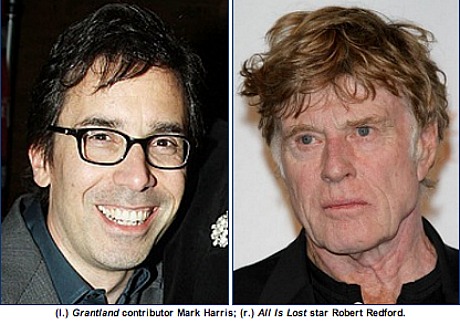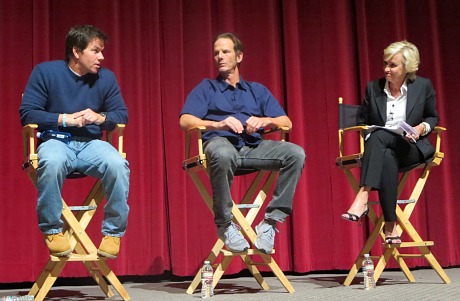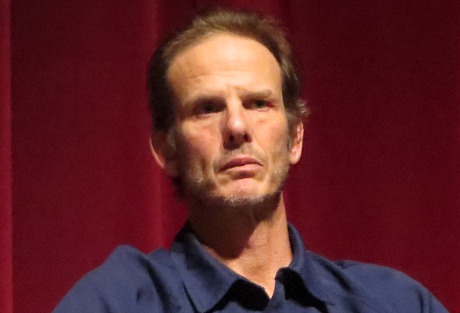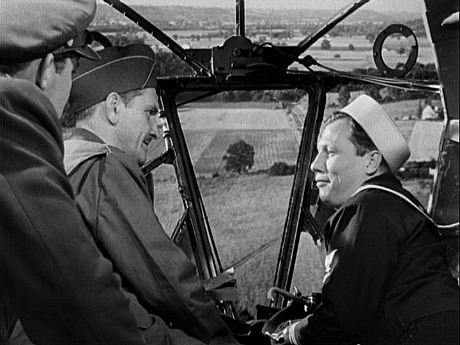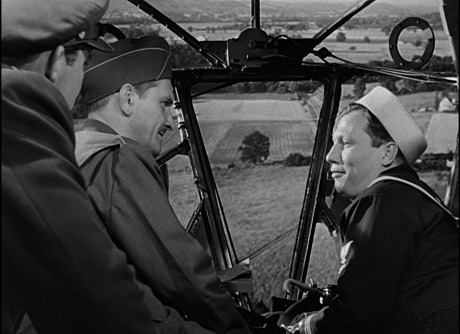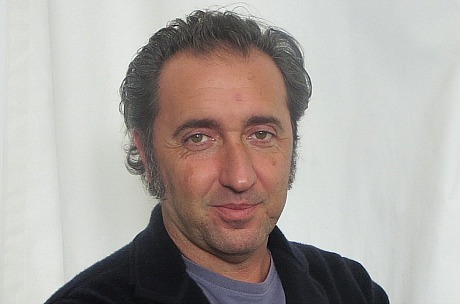I’ve never used the word “madding” in speech nor have I typed it out. Except, of course, when referring to John Schlesinger‘s 1967 adaptation of Thomas Hardy‘s same-titled novel, which was published in 1874. In Hardy’s mind madding meant frenzied or manic. (It was oafish for the guys who wrote “Volare,” the 1958 Dean Martin single, to change the line to “away from the maddening crowd.” Dopes.) Now, of course, Thomas Vinterberg is lensing a new version with Carey Mulligan in the Julie Christie role (i.e., Bathsheba Everdene). Matthias Schoenaerts has the Alan Bates role (sheep farmer, man of the soil, no manicure), Tom Sturridge plays a caddish cocksman in uniform (i.e., the Terrence Stamp role) and Michael Sheen plays the prosperous William Boldwood (i.e., Peter Finch‘s character). Schlesinger’s film was regarded as a picturesque slog in its time, and I frankly can’t see Vinterberg’s version amounting to very much. A woman so desirable and fascinating she had three lovers and caused much romantic strife…big deal.


